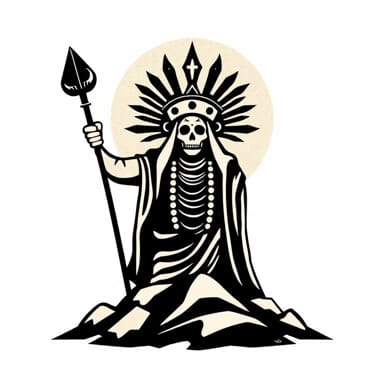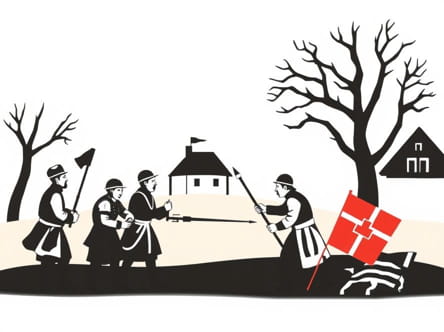Was Martin Luther King A Transcendentalist
Martin Luther King Jr. remains one of the most iconic and transformative figures in American history. His leadership in the Civil Rights Movement, dedication to justice, and profound use of nonviolent protest placed him at the heart of one of the most critical struggles for equality in the 20th century. Yet, as scholars and students … Read more









